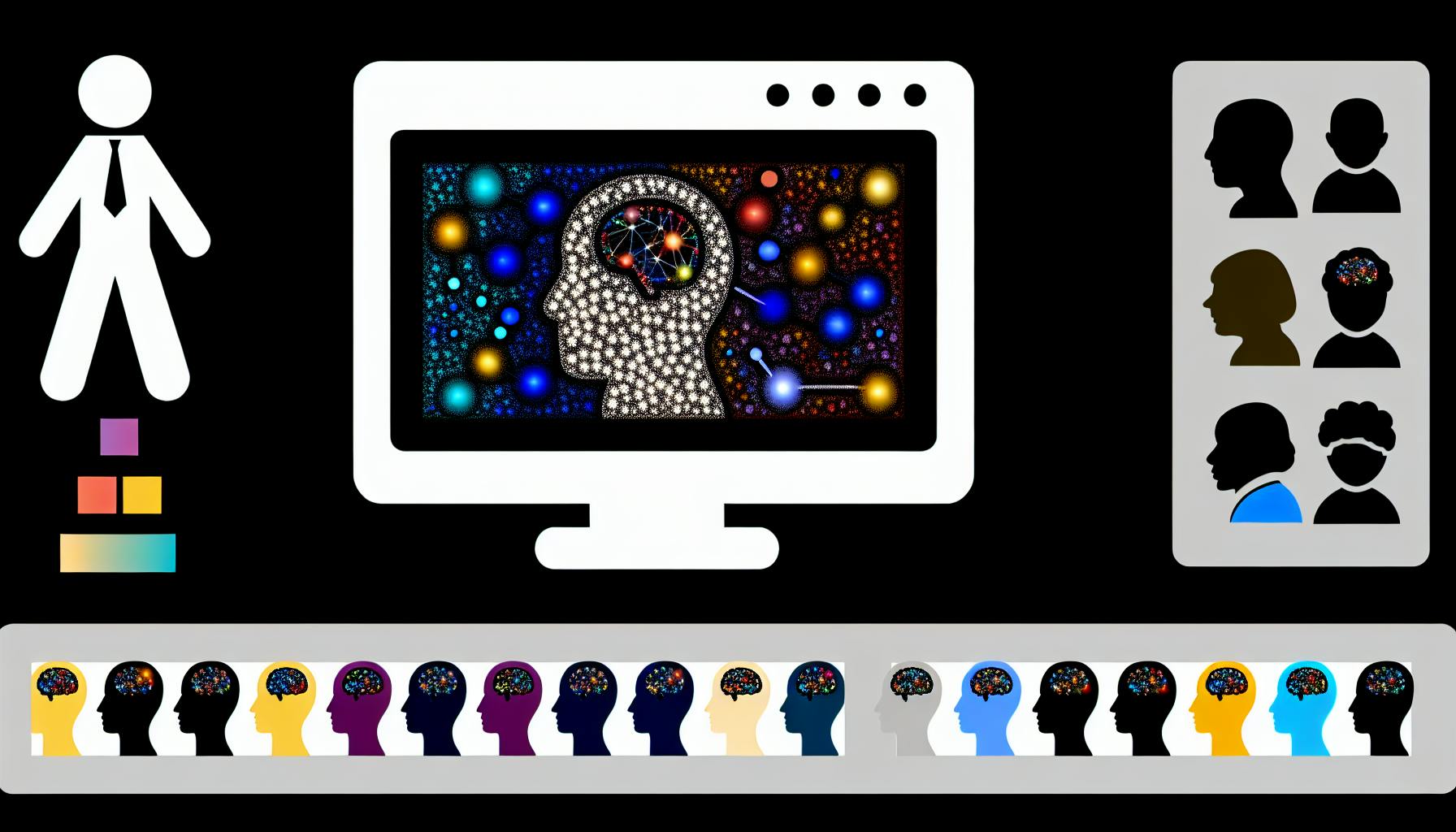
In the current job market, educational bias—also known as the "paper ceiling"—is a significant barrier to employment for millions. This bias prioritizes candidates with four-year degrees over those who have acquired their skills through alternative routes. Such a narrow focus not only exacerbates the talent shortage but also overlooks a substantial segment of the workforce that could fill these gaps. This issue is becoming more pressing as the labor shortage intensifies with the retirement of the baby boomer generation.
A study by Harvard Business School stands as a testament to the changing dynamics of the workforce. It found that workers without degrees perform nearly as well as their degreed counterparts, challenging the longstanding notion that a bachelor's degree is the only marker of competency and skill. This evidence highlights a critical flaw in the hiring processes that have prevailed for over a decade, suggesting a need for a paradigm shift towards more inclusive hiring practices.
According to a recent Forbes article by Kara Dennison, Gartner predicts a shift in work trends, including a move away from the assumption that a bachelor’s degree is the sole path to acquiring relevant skills. This shift is partly due to a tight labor market and an increase in college dropouts, which has compelled organizations to reconsider their hiring criteria, focusing more on skills than on degrees.
The shift in hiring practices acknowledges a crucial fact: over 70 million U.S. workers, known as STARs (Skilled Through Alternative Routes), have gained their skills outside traditional four-year college programs. Despite demonstrating competencies as valuable as their degreed peers, many firms still prefer degrees, exacerbating talent shortages by ignoring this vast pool of skilled individuals. Opportunity@work's review of Bureau of Labor Statistics data underscores a stark mismatch: while nearly 70% of new jobs demand a bachelor's degree, less than half the workforce holds one, leading to a talent gap. This gap not only hampers morale among STARs, often overlooked for degreed candidates, but also traps them in low-wage positions, stunting economic mobility and adversely affecting companies by limiting access to a broad, capable talent pool.
The persistence of educational bias not only limits job opportunities for millions of skilled workers but also restricts companies from accessing a broader talent pool. To combat this bias, companies and states are increasingly adopting skills-based hiring practices. Maryland, Massachusetts, and companies like General Motors and Bank of America are leading this charge, recognizing the potential of skilled workers marginalized by educational bias. These entities understand that experience and competencies developed outside the conventional academic environment are equally valuable.
This movement towards skills-based hiring is a crucial step in dismantling the educational bias that has long hindered the job prospects of many capable individuals. While certain professions will always require specific degrees and certifications, a significant portion of the job market can benefit from a more inclusive approach to talent evaluation. By valuing skills and experience over formal education, organizations can address talent shortages and pave the way for a more equitable and diverse future of work.
Next time you are posting a job, ask if the degree requirement is truly necessary. #educationBias #PaperCeiling

